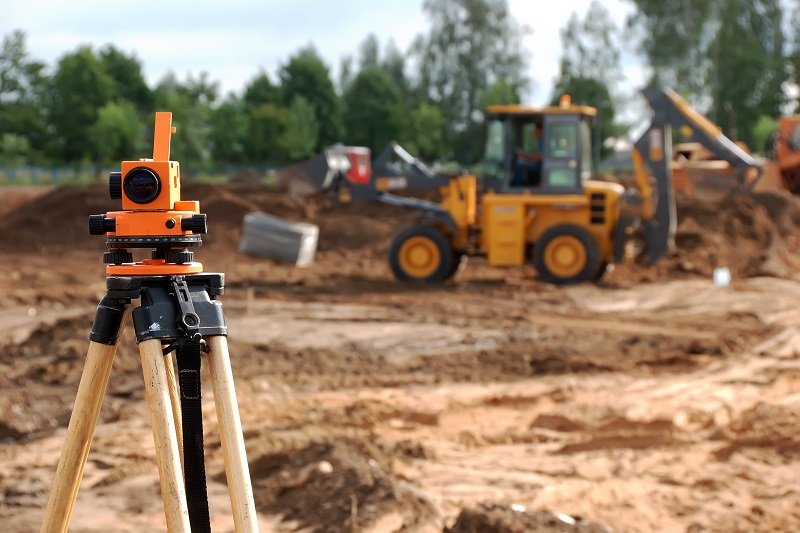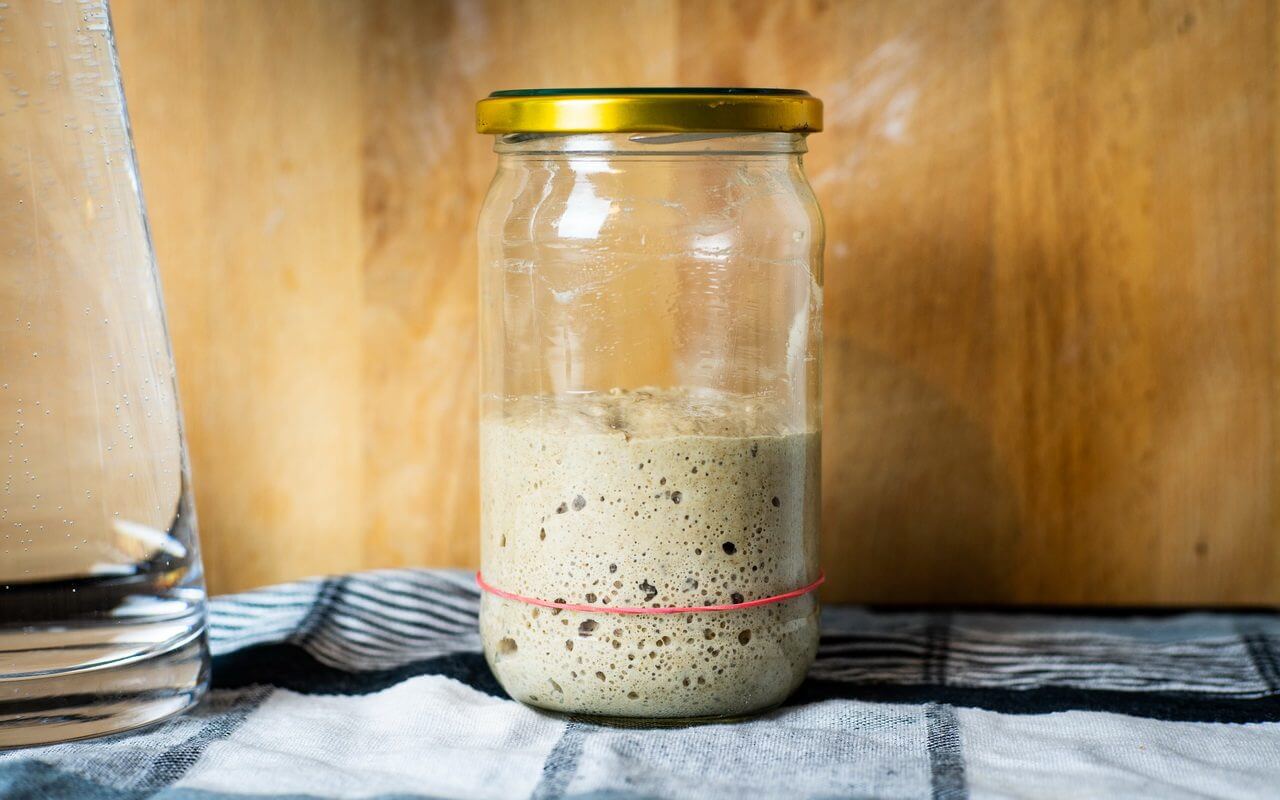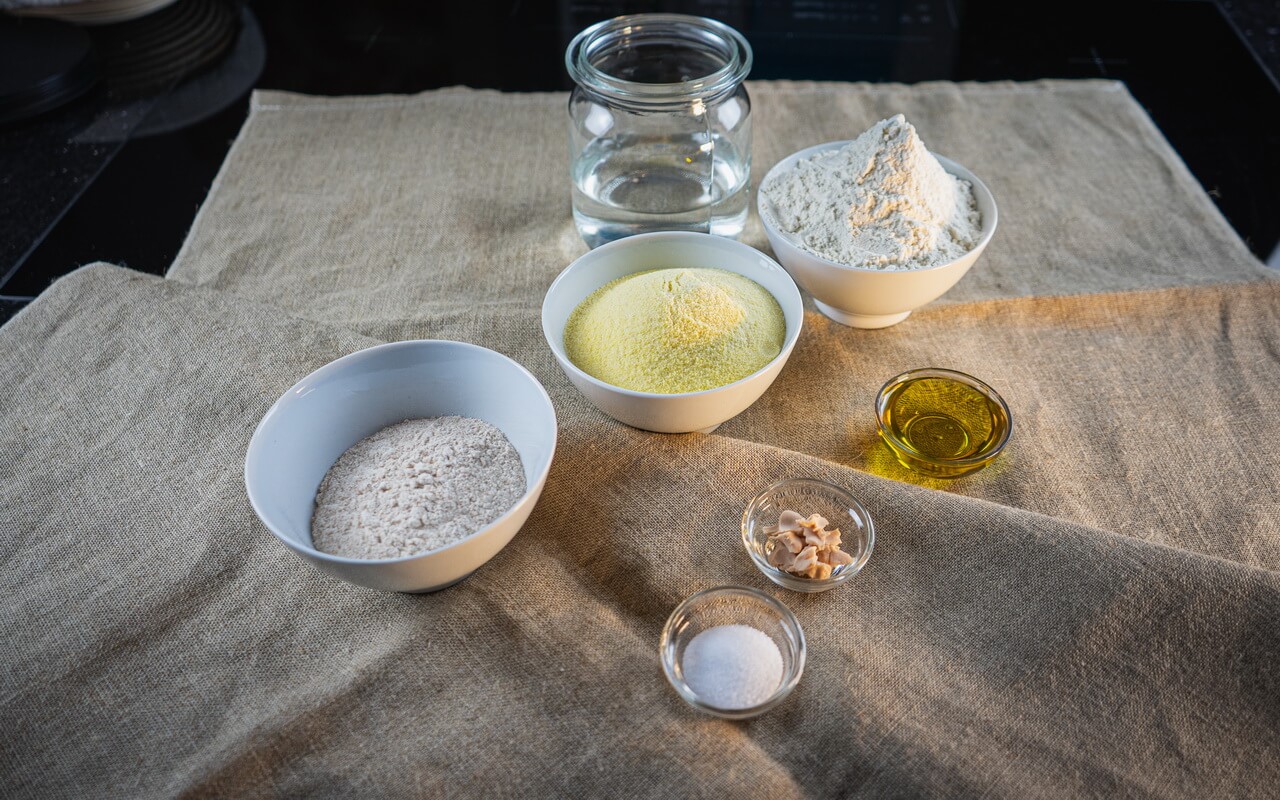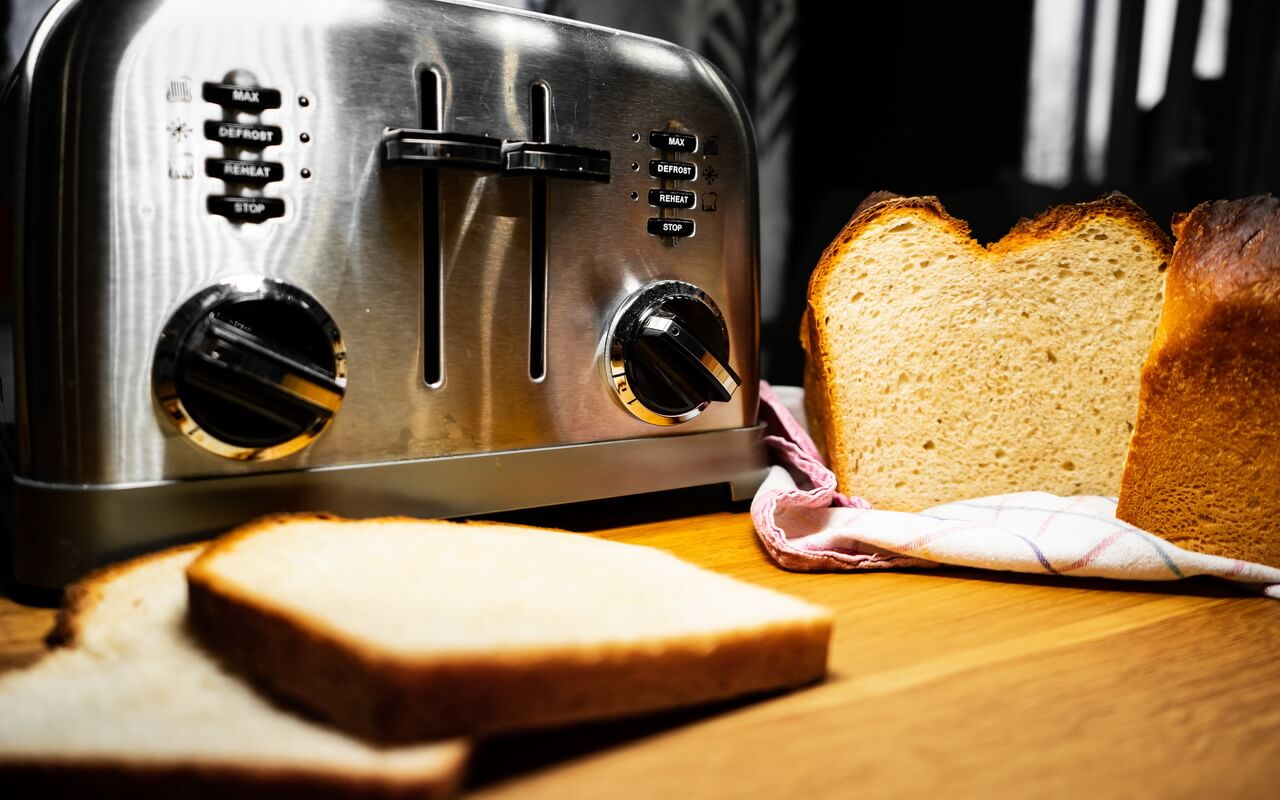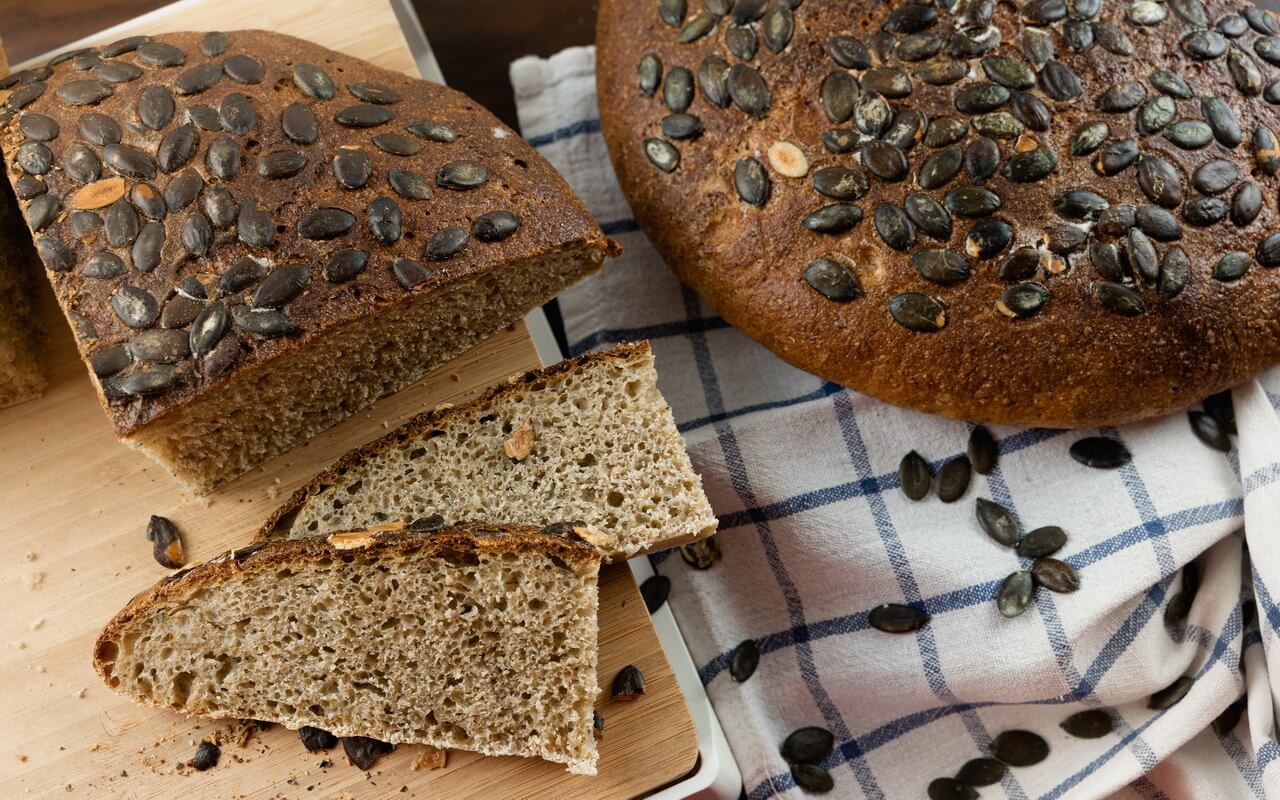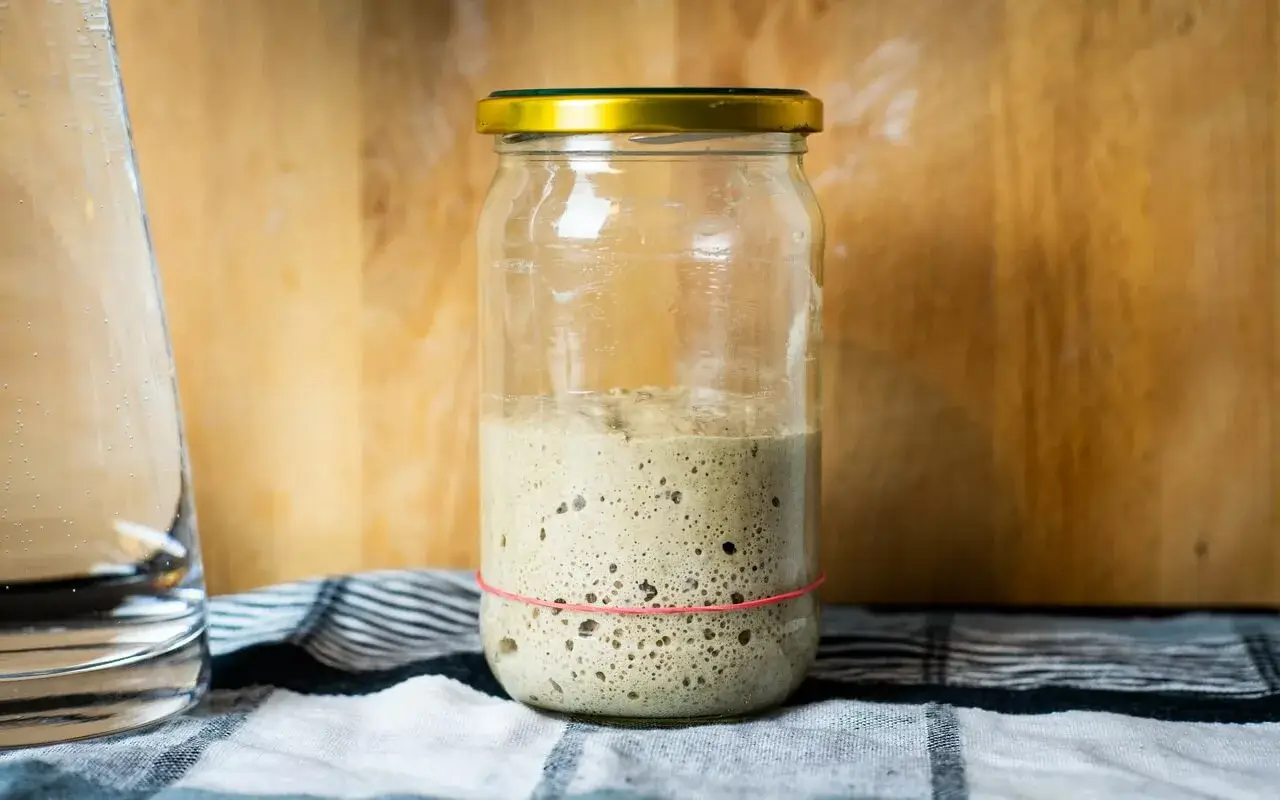Hello, fellow bakers! Today, we’re going to delve into a topic that’s often debated in baking circles: “Food Scales vs Measuring Cups”. Have you ever wondered why your homemade bread doesn’t have the same consistency every time, or why...
Hello, fellow bakers! Today, we’re going to delve into a topic that’s often debated in baking circles: “Food Scales vs Measuring Cups”.
Have you ever wondered why your homemade bread doesn’t have the same consistency every time, or why your cookies sometimes spread too thin? The culprit might be hiding in your measuring tools.
With years of experience in the kitchen, I’ve learned that precision is key in baking. And one tool that has significantly improved my baking is the humble food scale. But why should you use a food scale instead of measuring cups? Let’s find out!
Table of Contents
The Importance of Precision in Baking Food Scale vs Measuring Cup Why You Should Use a Food Scale How to Use a Food Scale Choosing the Right Food Scale Common Mistakes to Avoid Conclusion Frequently Asked Questions (FAQ)The Importance of Precision in Baking
Baking is a science. It’s all about the right proportions and precise measurements. A little too much or too little of an ingredient can drastically alter the outcome. That’s why precision is paramount in baking. To help with this, you might find this conversion chart for baking ingredients useful.
When you’re baking, you’re essentially conducting a chemistry experiment. The ingredients you use, and the quantities in which you use them, can significantly affect the texture, taste, and appearance of your baked goods. That’s why it’s so important to measure your ingredients accurately.
Moreover, precision in baking is not just about getting the right taste and texture. It’s also about consistency. When you measure your ingredients accurately, you can replicate your recipes with the same results every time. This is especially important if you’re baking for a special occasion or running a baking business.
Food Scale vs Measuring Cup
When it comes to measuring ingredients, most of us rely on measuring cups. They’re convenient, easy to use, and we’ve been using them for years. But are they the most accurate tool? Not quite.
Measuring cups can be inconsistent. Depending on how you fill them, you can end up with different amounts of ingredients. This can lead to inconsistent results in your baking. For example, a cup of flour can vary in weight depending on whether the flour is sifted or packed into the cup.
Moreover, measuring cups are not ideal for all types of ingredients. They work well for liquids, but for dry ingredients like flour or sugar, a food scale is a more accurate tool.
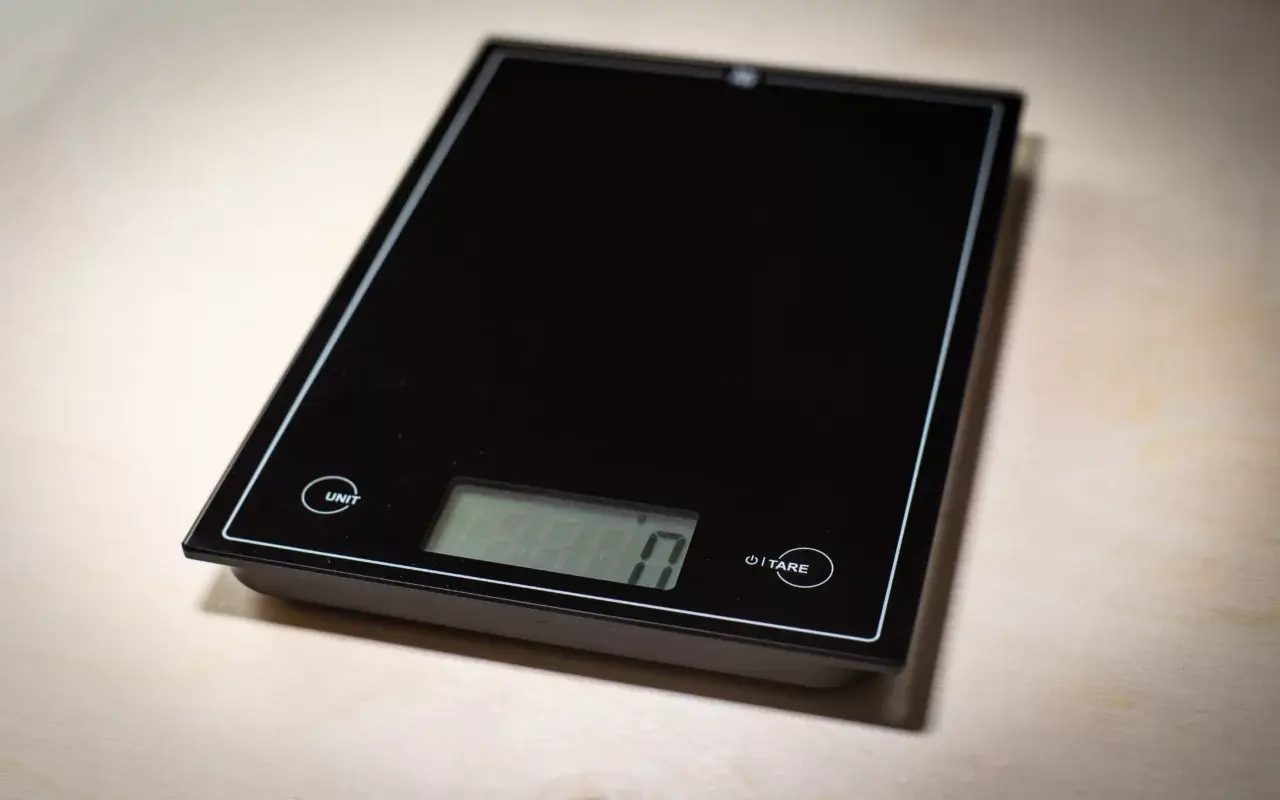
Why You Should Use a Food Scale
Here’s where the food scale comes into play. A food scale measures the actual weight of your ingredients, providing a level of accuracy that measuring cups can’t match.
With a food scale, you can measure your ingredients down to the gram, ensuring you get the same results every time you bake. No more guessing, no more inconsistencies, just perfect bakes every time. This is especially useful when you’re trying to perfect a recipe, like when you’re making homemade bread.
Using a food scale can also make your baking process more efficient. Instead of washing and drying multiple measuring cups, you can measure all your ingredients in one bowl. This can save you time and make your baking process more enjoyable.
How to Use a Food Scale
Using a food scale is simple. First, place your bowl or container on the scale and zero it out. This will ensure you’re only measuring the weight of your ingredients, not the container. Then, add your ingredient to the container until you reach the desired weight. It’s that easy!
But remember, when using a food scale, it’s important to follow the recipe’s instructions carefully. If the recipe calls for a certain ingredient to be sifted before measuring, make sure to do so. This can affect the weight of the ingredient and therefore the outcome of your baked goods.
Choosing the Right Food Scale
When choosing a food scale, look for one that is accurate, easy to read, and easy to clean. A digital scale with a clear display is a good choice. Some scales also have additional features like a timer or a built-in calculator, which can be handy for more complex recipes. I personally recommend checking out this guide on precision scales for a more in-depth look at what to consider when buying a scale.
Also, consider the size and design of the food scale. If you have a small kitchen, you might want a compact scale that doesn’t take up much counter space. If you often measure large quantities of ingredients, look for a scale with a high weight capacity. For more tips on choosing the right one for your baking needs, you can read this comprehensive guide on kitchen scales.”
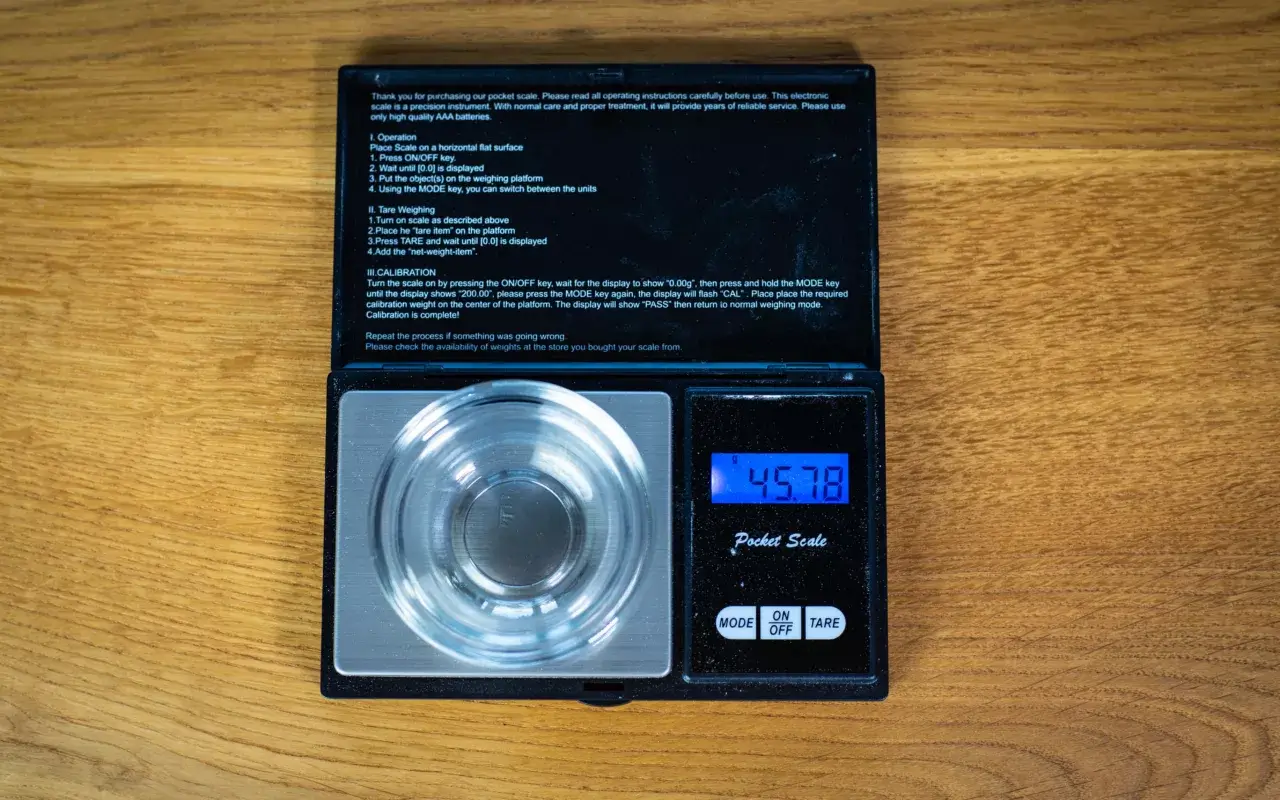
Common Mistakes to Avoid
When using a food scale, there are a few common mistakes to avoid. Don’t forget to zero out your scale before adding ingredients. This is called taring the scale, and it ensures that you’re only measuring the weight of your ingredients, not the container.
Also, make sure your scale is on a flat, stable surface to ensure accurate readings. If your scale is tilted or unstable, it can give inaccurate measurements.
And remember, always measure your ingredients by weight, not by volume. While it might be tempting to use measuring cups for convenience, using a food scale will give you more accurate and consistent results.
Finally, don’t forget to clean your scale regularly. Food particles and residue can build up on the scale, which can affect its accuracy. Most food scales are easy to clean with a damp cloth.
Conclusion
In the battle of food scale vs measuring cup, the food scale emerges as the clear winner. It’s all about precision, consistency, and perfect results every time. So next time you bake, give the food scale a try. You might be surprised at the difference it makes!
Remember, using a food scale isn’t just about getting the measurements right. It’s about understanding the science of baking and taking your baking skills to the next level. So embrace the food scale, avoid common mistakes, and get ready to bake like a pro!
Frequently Asked Questions (FAQ)
Should I use cups or scales when measuring for baking?
For the most accurate and consistent results, it’s best to use a food scale when measuring ingredients for baking. A food scale measures the actual weight of your ingredients, which is more precise than measuring by volume using cups.
What is the difference between a measuring cup and a food scale?
A measuring cup measures the volume of an ingredient, while a food scale measures the weight. Because the weight of an ingredient can vary depending on factors like density and how tightly it’s packed, measuring by weight using a food scale is generally more accurate.
Is it better to measure in cups or grams?
It’s generally better to measure in grams, especially for baking. Measuring in grams using a food scale provides a higher level of accuracy and consistency than measuring in cups.
Do professional bakers use weight or volume?
Professional bakers typically measure ingredients by weight rather than volume for accuracy and consistency. This is especially important in commercial baking, where consistency is key to producing a uniform product.
Why do bakers use grams instead of cups?
Bakers use grams instead of cups because measuring by weight is more accurate and consistent. The weight of an ingredient doesn’t change based on factors like how tightly it’s packed or its density, unlike volume measurements which can vary.
Why do Americans use cups instead of grams?
The use of cups for measuring ingredients is more common in American recipes, while many other countries use grams. This is largely due to differences in culinary traditions and the metric system being more widely used outside of the United States.
Do Europeans use measuring cups?
While some European recipes may use cups, it’s more common to see ingredients measured by weight in grams. This is because the metric system is widely used in Europe, and measuring by weight provides more accuracy and consistency.
The post Baking Precision: Why Food Scales Beat Measuring Cups appeared first on Delight Baking.



